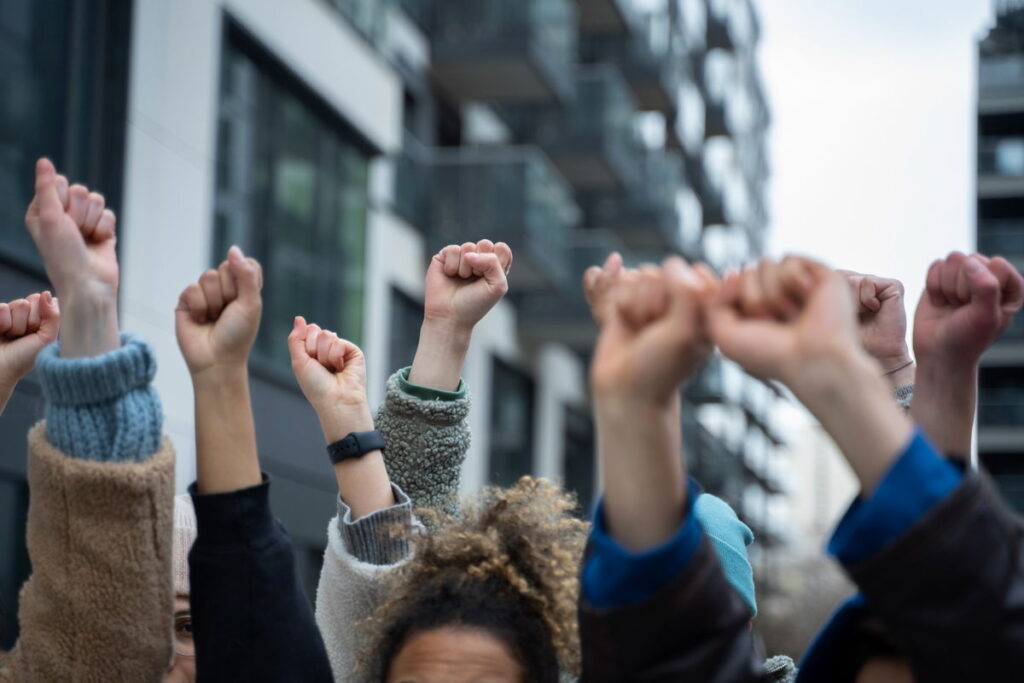Tiktok plans to overtake its belief and protected operations in Germany by changing its Berlin-based content material moderation crew with synthetic intelligence (AI) techniques and outsourced contractors. This main change has led to almost 40% of the native workforce, accountable for average content material for Germany’s 32 million German-speaking customers, resulting in layoffs of round 150 workers. The transfer displays a broader pattern by main social media platforms to more and more automate content material moderation whereas decreasing inner groups.
The choice sparked rapid concern and backlash from workers and commerce unions. Ver.di, the German commerce union, criticized Tiktok for refusing to have interaction in negotiations over a retirement bundle and notification interval. Staff argue that AI Know-how It’s not potential to fully exchange delicate context-sensitive selections made by human moderators, particularly when coping with complicated content material that features hate speech, misinformation, and delicate matters. AI-powered moderation is environment friendly at processing giant quantities of content material, however is commonly criticized for misclassifying posts. In the event you mistakenly flag innocent movies as inappropriate or cannot establish dangerous materials, you’ll be able to elevate questions in regards to the effectiveness of automated techniques in fulfilling Tiktok’s obligations underneath the European Union Digital Companies Act (DSA). The Act requires the Platform to take immediate and efficient motion to take away unlawful or dangerous content material and to take severe duty for the Content material Moderation Staff.
Past technical issues, moderation in outsourcing to contractors raised points associated to employees’ welfare. Moderators immediately adopted by Tiktok In Berlin, we have been in a position to entry psychological well being help and office safety. Nonetheless, many contractors working for third-party suppliers might lack comparable sources, and publicity to disrupted content material with out correct help places them at better danger of psychological stress.
The transition to AI and outsourced labor displays cost-cutting methods amid wider financial pressures on expertise corporations. By automating the mitigation course of, Tiktok goals to extend effectivity and scale back prices, however critics warn that this might undermine the standard of the content material and the security of the customers.
The protests organized by Ver.Di spotlight the rising anxiousness amongst digital content material moderators world wide. The union seeks extra clear communication from Tiktok and higher therapy of affected workers. It additionally threatens additional industrial measures if the corporate fails to handle their calls for. This improvement is a component of a bigger dialogue in regards to the stability between automation and human surveillance in content material moderation on digital platforms. AI can course of the huge quantity of posts generated day-after-day, nevertheless it has a tough time decoding cultural nuances, irony, or evolving on-line habits. Due to this fact, guaranteeing a protected and respectful on-line setting requires a mixture of expertise and expert human judgment.
Tiktok’s German Belief and Security Staff has performed an vital position in monitoring and eradicating dangerous content material to guard customers. Because the platform’s reputation grows, particularly amongst youthful audiences, the standard of moderation and responsiveness is being scrutinized increasingly by regulators and the general public. Tiktok’s transfer to exchange a good portion of German trusts and safety employees with AI and outsourced employees sparked controversy. The corporate emphasizes effectivity and innovation, however employees and unions warn that this method may danger damaging content material high quality and worker well being. The end result of this transition might be a precedent for the way social media platforms stability automation and human enter within the coming years.


